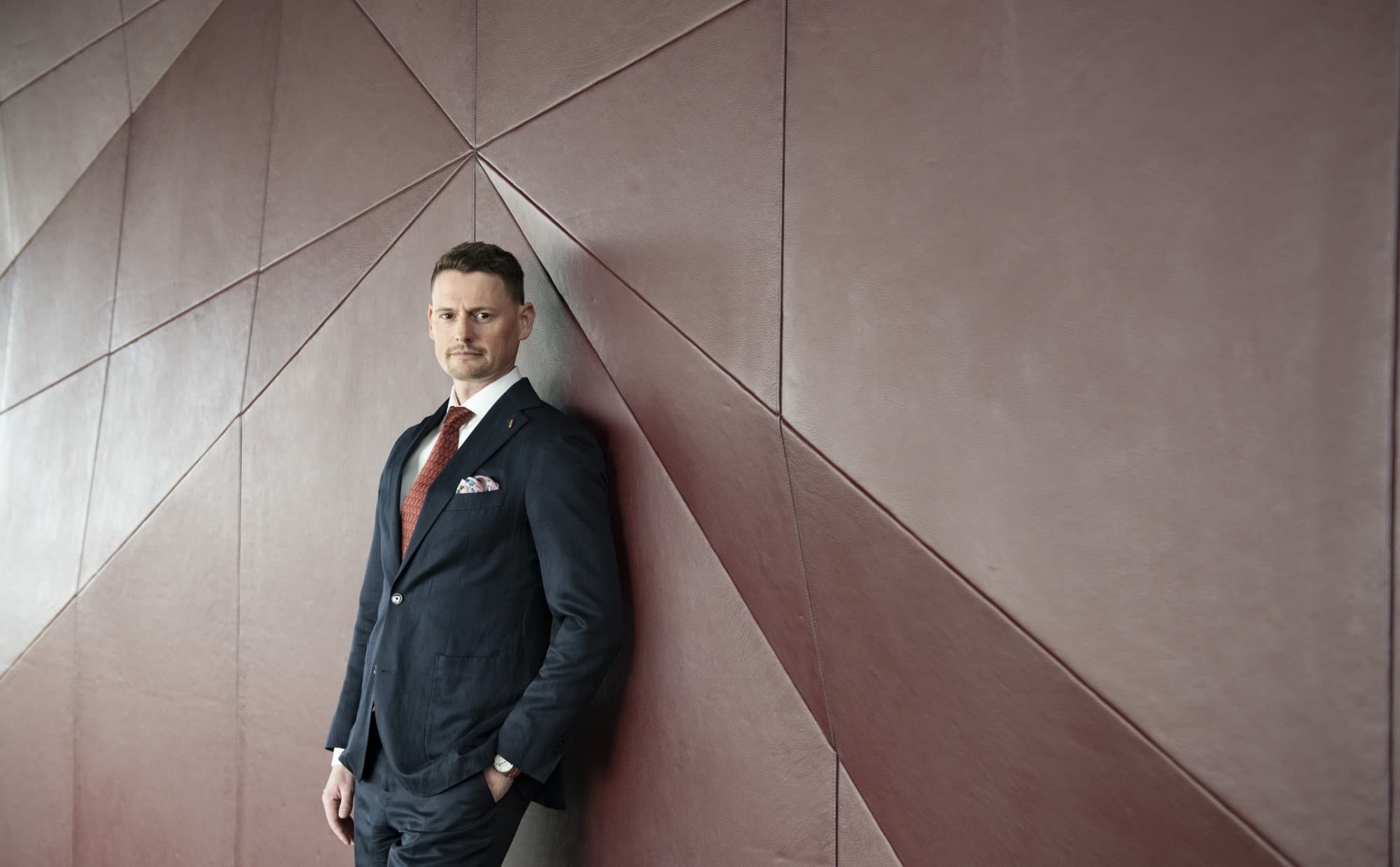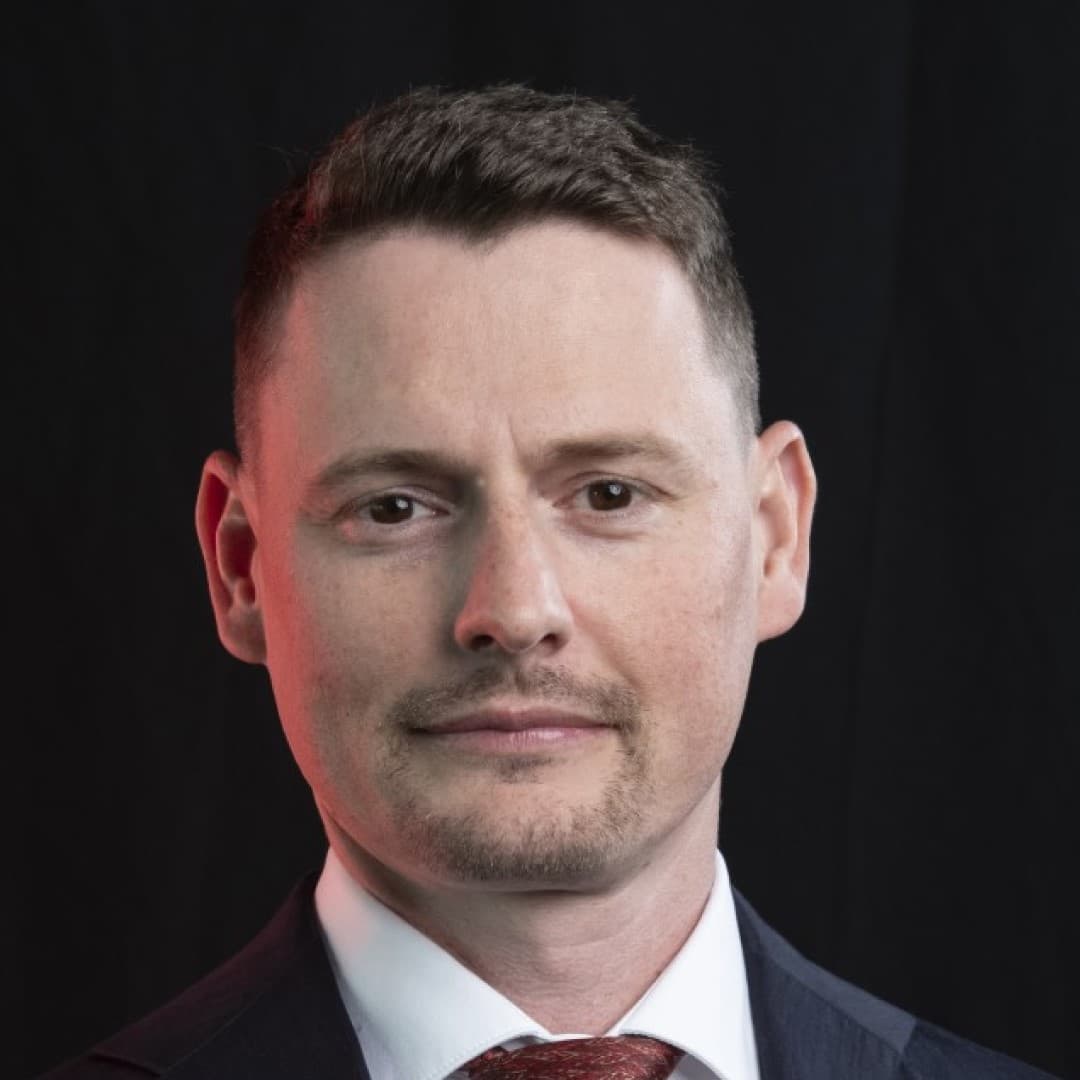Wealthy Czechs are heading west. A third of them choose foreign instruments for asset management, says Jakub Hollmann.
08 \ 06 \ 2023

Abroad, Czechs seek a time-tested tradition as well as an escape from worries about the future of the Czech Republic. Setting up a trust fund takes six to twelve months. However, if done carefully, it protects assets even in situations the founder could never have imagined. According to lawyer and chairman of the board of CCS Premium Trust, Jakub Hollmann, the interest of Czechs in trusts or their foreign alternatives is growing.
What kind of interest does comprehensive asset protection enjoy in the Czech Republic?
The number of interested clients is growing significantly, partly because Czech society is becoming wealthier, but primarily because general awareness of tools specifically designed for asset management—such as trusts—is improving. In 2024, we will celebrate ten years of the existence of the trust fund institution in Czech law. It took ten years for entrepreneurs and business families to familiarize themselves with the tools they can use to protect their assets, and now the time has come to move from study to the implementation of their own plans.
What should a client consider when wanting to protect their assets against risks such as family disputes or divorces?
The first question a lawyer or advisor will ask is about the goal the client wants to achieve. Then it is necessary to understand how much trust they have in the current abilities of their heirs to manage the assets. It’s not very meaningful to discuss faith in future abilities because these usually do not materialize as expected or come in a different form than the parent anticipated. We also ask about the risks the client perceives around them, as everyone is sensitive to different situations. Some fear war more, others a pandemic, some worry about ancestors having lived too short or, conversely, too long a life. The result is creating a unique typology for each client. Based on that, we can define the individual provisions of the so-called founding statute and set the necessary mechanisms.
How quickly can a trust fund be established? Is it possible to complete it, for example, during a single visit to a lawyer?
Definitely not. The basis of any such entity is its statute, the founding document. This needs to be crafted very precisely to account for all situations that may arise in the future. That’s why preparation usually takes months. For trusts, it typically takes six to twelve months.
It is said that the biggest risk when setting up family asset management principles is the poor choice of trustees and advisors. Do you agree?
The traditional saying “haste makes waste” applies here, especially because the established rules may not fully meet the founder’s expectations. If the founder, while still alive, realizes that something is not working or is dissatisfied, that is bad and should not happen. The main task of the advisor is to prepare the entity protecting the assets for a range of risks expected from historical experience as well as negative future scenarios. The client should leave feeling that their vision was fulfilled and was only about a third of what the trust or other chosen tool can actually handle and face.
How should a client choose an advisor?
They should definitely choose someone experienced with similar solutions, and I would even recommend cross-border experience. In Czech law, family offices, trusts, and family foundations are relatively young institutions. For example, trusts have been operating in the Czech Republic for exactly ten years, but abroad they have existed for decades.
Is foreign experience desirable even if the client plans to protect only Czech assets?
Definitely. The Czech solution is not something new but rather a solution adopted from abroad. Czech trusts and foundations are institutions derived from the Canadian Civil Code, and that legal framework is very similar to the regulation of trusts or family foundations in Liechtenstein.
But it’s not uncommon for Czech entrepreneurs to establish trusts abroad. Does that even make sense when you say Czech law is based on proven foreign practice?
The reasons for establishing a trust or foundation abroad are usually twofold. The first is purely commercial: these are cases where the asset management is handled by an entrepreneur who trades internationally. For example, a Liechtenstein trust or family foundation is a completely normal partner in business relations in Europe and worldwide. I don’t mean to say that Czech trusts or foundations are unreadable or untrustworthy abroad — Liechtenstein law, however, has a much longer tradition in family asset management, and people know how to work with it better.
The second reason is security-related. It applies especially if the founder has had a bad experience, whether historical or current, with the development of the legal or political environment in the Czech Republic or lacks faith in the country’s future. Such a client then considers establishing a foreign structure.
Could you estimate what portion of Czech entrepreneurs choose foreign tools for asset protection?
The proportion of clients who want to immediately establish a trust or similar entity abroad is 20 to 30 percent. On the other hand, I would say that only about 20 percent of clients do not consider or exclude foreign alternatives. The rest are those who see using foreign tools as a possible option and do not want to completely rule it out for the future. They establish trusts under Czech conditions but with the possibility to exit abroad into a structure that advisors prepare for them.
How are the financial resources placed in a trust fund handled? Is it possible to invest or increase their value?
Financial resources, like all other assets in the trust fund, are managed by the trustee. We often find that our clients already have some investment activities or advisors helping them with investments before the trust is established. These activities can certainly continue after the trust is set up, with the only difference that the trustee invests the funds on behalf of the trust, not the client personally.
Published on Právnímrádci.cz on June 8, 2023
Author: Matej Slávik




